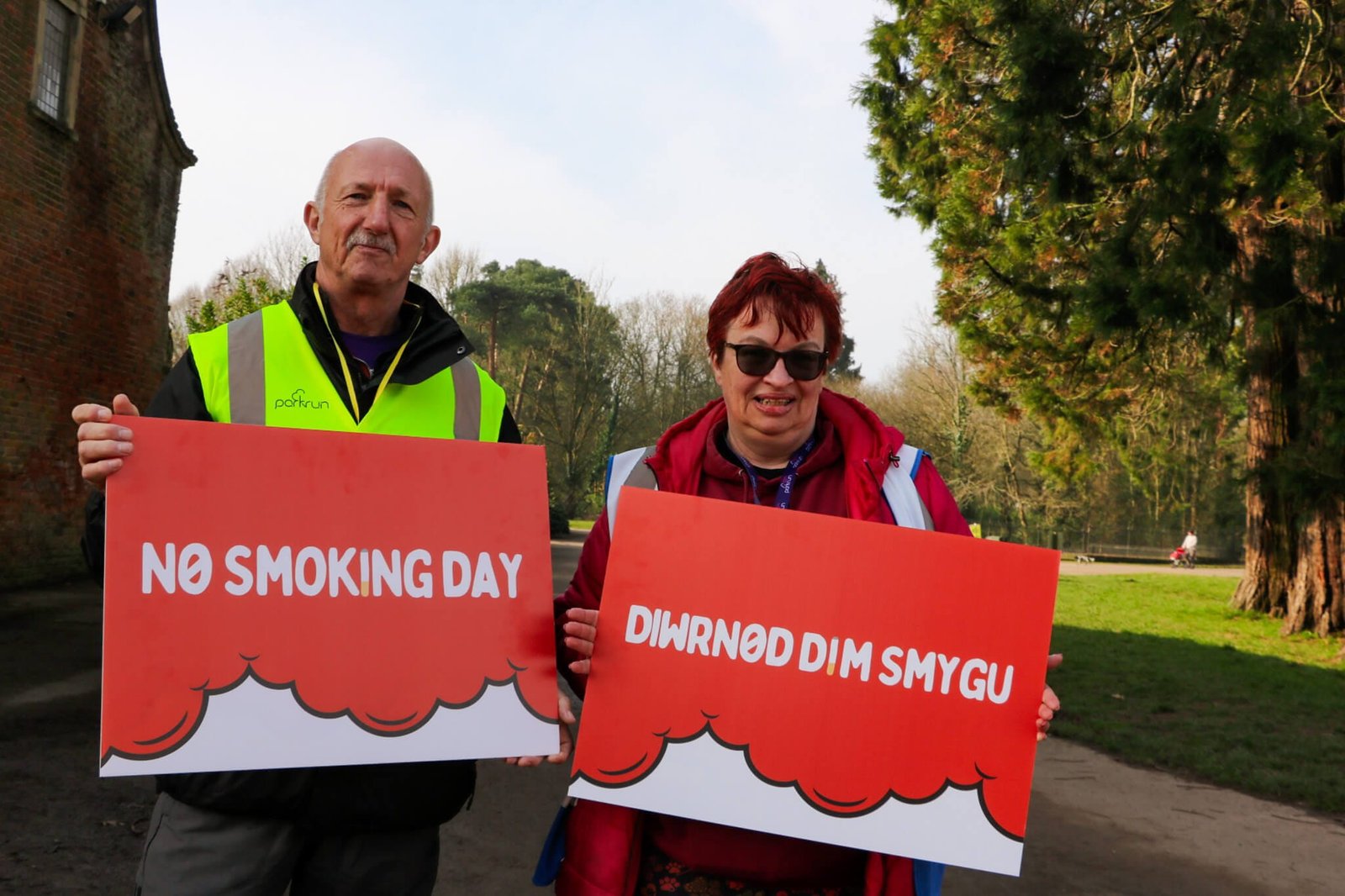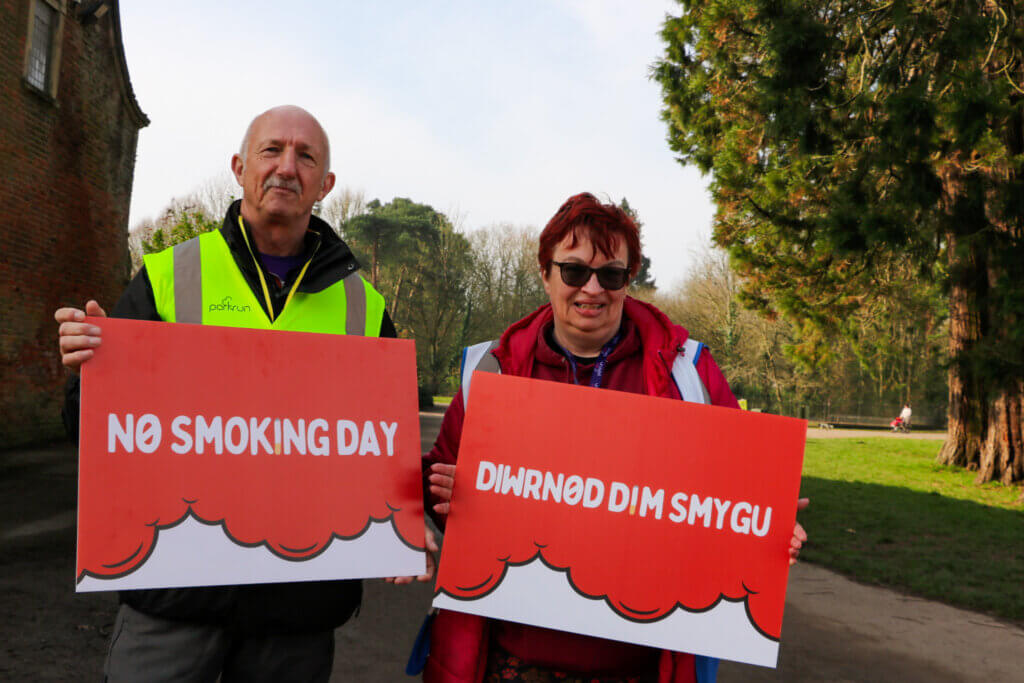Campaigners say the ban on menthol cigarettes could help tackle youth smoking rates in Wales, where according to new figures over 6,000 children take up the habit every year.
The new law, which comes into force Wednesday 20th May, will see the sale of menthol flavoured cigarettes and tobacco products banned under the EU Tobacco Products Directive.
It has been welcomed by ASH Wales alongside Asthma UK and the British Lung Foundation Wales, who say menthol acts as a gateway to tobacco addiction, because the flavour appeals to young, inexperienced smokers, and reduces the harshness of cigarette smoke. Research by the UK Government has shown that menthol cigarette use is significantly more common among younger smokers.
According to figures compiled by CRUK and Imperial College, London, an estimated 6,461 children take up smoking every year in Wales, with the highest numbers in Cardiff where 707 children are estimated to start smoking each year. The second highest numbers are in Swansea where 547 children start smoking every year.
A survey of over 100,000 students, carried out by researchers at Cardiff University, last year found that in Wales 9% of 15-16-year-olds smoke at least once a week, a figure that despite concerted efforts, has remained unchanged since 2013/14.
Suzanne Cass, CEO of ASH Wales, said: “We wholeheartedly support any tobacco control measures that address youth smoking rates and encourage smokers to quit.
“Generations of smokers in Wales, have been drawn into this deadly addiction by menthol flavoured cigarettes which are designed to cunningly disguise the harshness of tobacco smoke, making them more appealing to young smokers.
“The long-term effects of tobacco smoking on people’s health are devastating – and have been highlighted by the increased risks smokers face from the Covid-19 outbreak due to the damage caused to their lungs.
“It is crucially important to prevent young people in Wales from suffering the same fate and we very much hope the ban on menthol cigarettes will stop many more of them from taking up the habit.”
Joseph Carter, Head of Asthma UK & British Lung Foundation Wales, said:
“Smoking remains the single largest cause of preventable ill health and a significant cause of health inequality in Wales, tobacco dependency is directly or indirectly linked to millions of deaths.
“Smoking massively increases your chances of developing health complications later in life. With 1 in 5 people in Wales already living with a lung condition, smoking from a young age increases the chances of developing serious, life altering and threatening conditions.
“Menthol Cigarettes are often seen as the ‘gateway’ to smoking, due to both their flavour and their less harsh smoke. It is so much harder to quit if you start smoking from an early age, banning them is a positive step in our efforts to curb youth smoking and protect young peoples’ lungs.”
Further information
Methodology: Data was calculated by the Cancer Intelligence Team at Cancer Research UK, December 2019, using Smoking, Drinking and Drug Use in Young People in England 2016 and 2018 data. Figures represent the average number of children per year between 2016 and 2018. Percentage of new smokers was calculated for each single-year age band, and ‘smoker’ was defined as ‘regular’, ‘occasional’ or ‘used to smoke’. For example, percentage of new smokers aged 13 in 2018, was calculated by subtracting the percentage of smokers aged 12 in 2017, from the percentage of smokers aged 13 in 2018. This calculation was used for ages 12, 13, 14 and 15; for age 11 all smokers were considered new smokers. 2017 figures were estimated as the average of 2016 and 2018, as no 2017 survey was carried out. Percentage of new smokers in England was applied to UK population estimates to obtain the number of new UK smokers. The 2014-18 trend in estimated number of new child smokers in the UK each year was projected forward to obtain estimates for 2019-21. Yearly figures were divided by 365 to obtain daily figures. The proportion of Welsh smokers was calculated using methodology set out in BMJ Thorax. Break down of the Cancer Research UK national analysis was undertaken by Dr Anthony Laverty, School of Public Health, Imperial College, London in collaboration with Action on Smoking and Health









